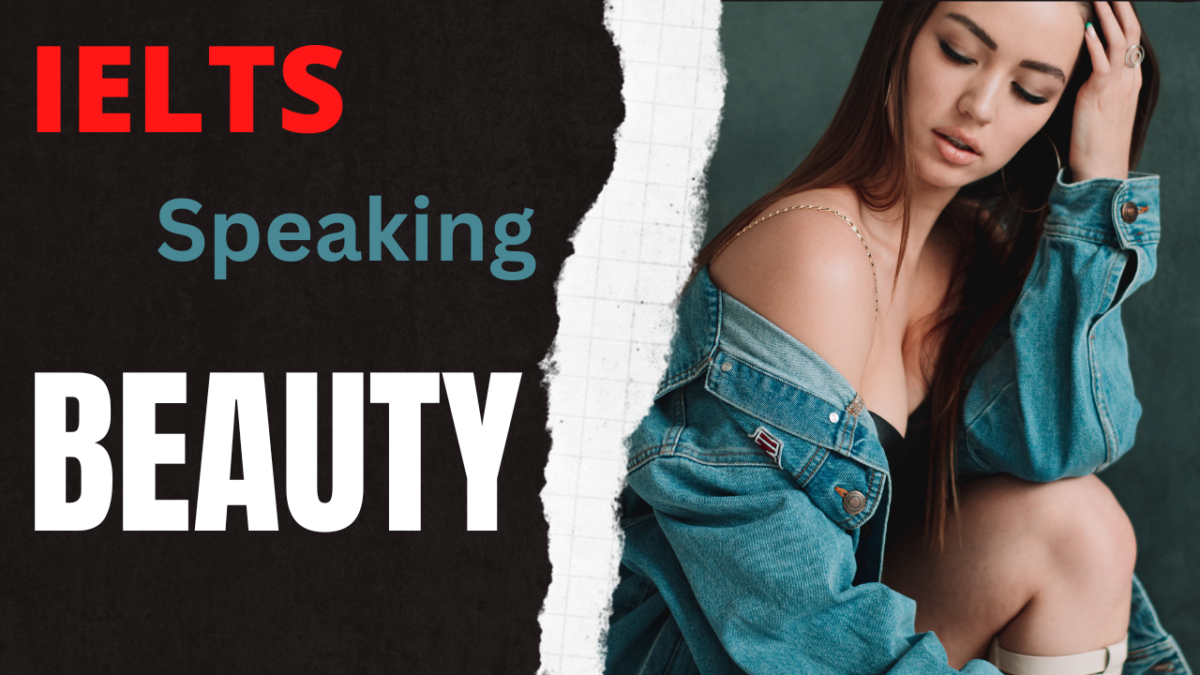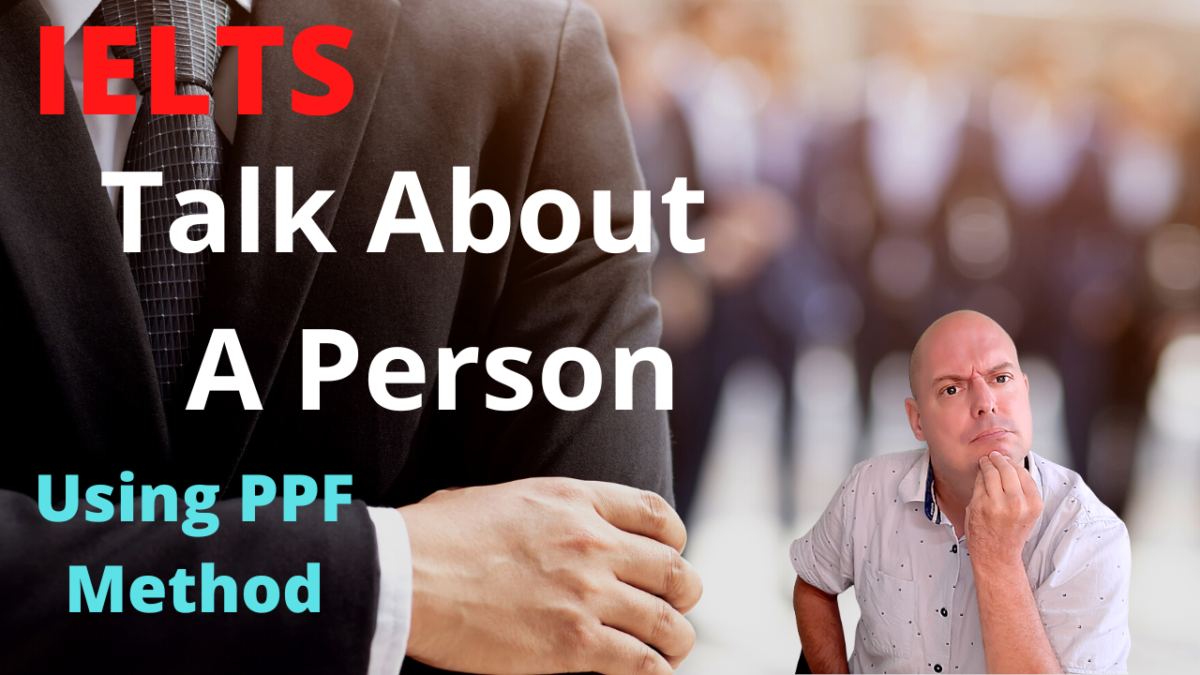Have you ever been answering IELTS questions and you don’t know what to say? You run out of things to talk about, especially when doing part 2.
I am going to tell you about a very easy way to expand any IELTS speaking answer to make it better and higher score.
Additionally, you can find out about structuring an IELTS speaking part 2 answer here.
To show you how this easy technique works, I will answer the following question. Let us assume this is part of an IELTS speaking part 2 question and the example is the first part of my answer.
Describe an activity that you did at the weekend.
I will tell you about a bike ride that I went on at the weekend. On Saturday it was hot, my wife and I set out on our bike ride over the cliffs of Sussex. We both were riding mountain bikes with gears, which made climbing the hills much easier. Nevertheless, we were tired when we reached the river. We sat down and had a picnic, right next the water…
What is this answer missing? Adjectives and adverbs.
Look how much better my answer is if I use adjectives and adverbs to describe my nouns.
I will tell you about a fantastic bike ride that I went on at the weekend. On Saturday it was hot and sunny, my wife and I set out on our epic bike ride over the white cliffs of Sussex. We both were riding fairly new mountain bikes with many gears, which made climbing the steep hills much easier. Nevertheless, we were exhausted and tired when we reached the river. Thankfully, we sat down and had a delicious picnic, right next the water…
I have highlighted the adjectives and adverbs so you can easily see them. I’m sure you know most of them but they are explained below.
Look how much more interesting and descriptive my story is now and all I did was describe the nouns with adjectives.
Fantastic (adj) – Great
Hot (adj) – Having much heat
Sunny (adj) – A lot of sun
Epic (adj) – Large in scale
White (adj) – Colour of milk
Fairly (adv) – To a quite high degree
New (adj) – Recently bought
Many (adj) – A lot
Steep (adj) – Slope with a big angle
Nevertheless (adv) – In spite of
Exhausted (adj) – Drained of energy
Thankfully (adv) – Being thankful
Delicious (adj) – A pleasant taste
For an easy way to plan an IELTS speaking part two answer click here.








